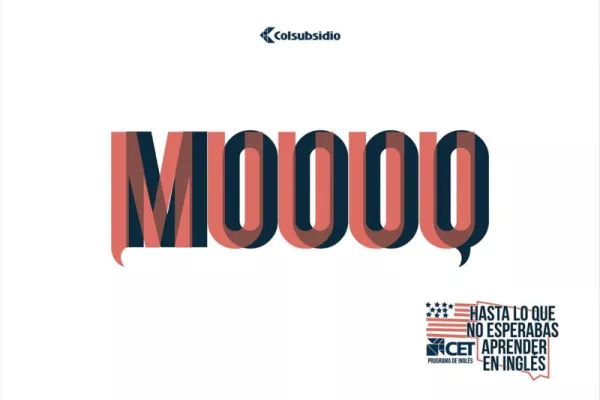Rosa Paris and Acadomia, two leading brands in the French education sector, have teamed up to launch a new campaign to end family disputes. The "Squabbles" campaign features a series of humorous TV spots showing how Acadomia's tutoring services can help parents and children overcome academic disagreements and restore harmony at home.
The Challenge: Addressing a Common Pain Point for Families
Acadomia is a French company that offers personalized tutoring and coaching for students of all levels, from primary school to higher education.
The campaign by Rosa Paris and Acadomia is a great example of how humor can be an effective marketing tool, especially when dealing with sensitive or challenging topics. Humor can help brands to:
- Attract attention and stand out from the crowd: Humor can help brands catch the audience's eye and ear and differentiate themselves from their competitors. Humor can also help brands to create a distinctive and memorable identity and voice.
- Engage and entertain the audience: Humor can help brands connect with the audience emotionally and provide them with a positive and enjoyable experience. Humor can also help brands generate word-of-mouth and viral effects, as people tend to share and comment on funny content.
- Persuade and influence the audience: Humor can help brands convey their message and value proposition clearly and compellingly and overcome potential objections or barriers. Humor can also help brands to build trust and credibility, as well as inspire action and loyalty.
However, humor also comes with some risks and challenges, such as:
- Offending or alienating the audience: Humor can be subjective and context-dependent, and what is funny for some people may not be funny for others. Humor can also be inappropriate or insensitive, especially when dealing with controversial or delicate issues. Brands must be careful and respectful when using humor and avoid jokes that may hurt or harm their audience or others.
- Diluting or distracting from the message: Humor can be too dominant or irrelevant and overshadow or divert from the main message or goal of the campaign. Humor can also be too complex or subtle and confuse or mislead the audience. Brands must balance humor and seriousness and ensure that humor supports and enhances their message, not detract from it.
Therefore, brands must be strategic and creative when using humor in marketing campaigns. They need to:
- Know their audience: Brands need to understand their audience's preferences, expectations, and sensitivities, as well as their pain points, needs, and desires. Brands must tailor their humor to their audience's profile, language, and culture.
- Know their brand: Brands need to define their brand's personality, values, and tone of voice, as well as their objectives, positioning, and proposition. Brands must align their humor with their brand's identity, purpose, and promise.
- Know their medium: Brands need to choose the best medium or channel for their humor, as well as the best format, style, and timing. Brands must adapt their humor to the medium's characteristics, limitations, and opportunities.
Humor can be a powerful marketing tool for brands that want to create engaging, memorable, and persuasive campaigns. However, humor also requires careful planning, execution, and evaluation. Brands that use humor wisely can benefit from increased awareness, affinity, and loyalty. @via Acadomia and ROSA PARIS.
- Add new comment
- 70 views



























